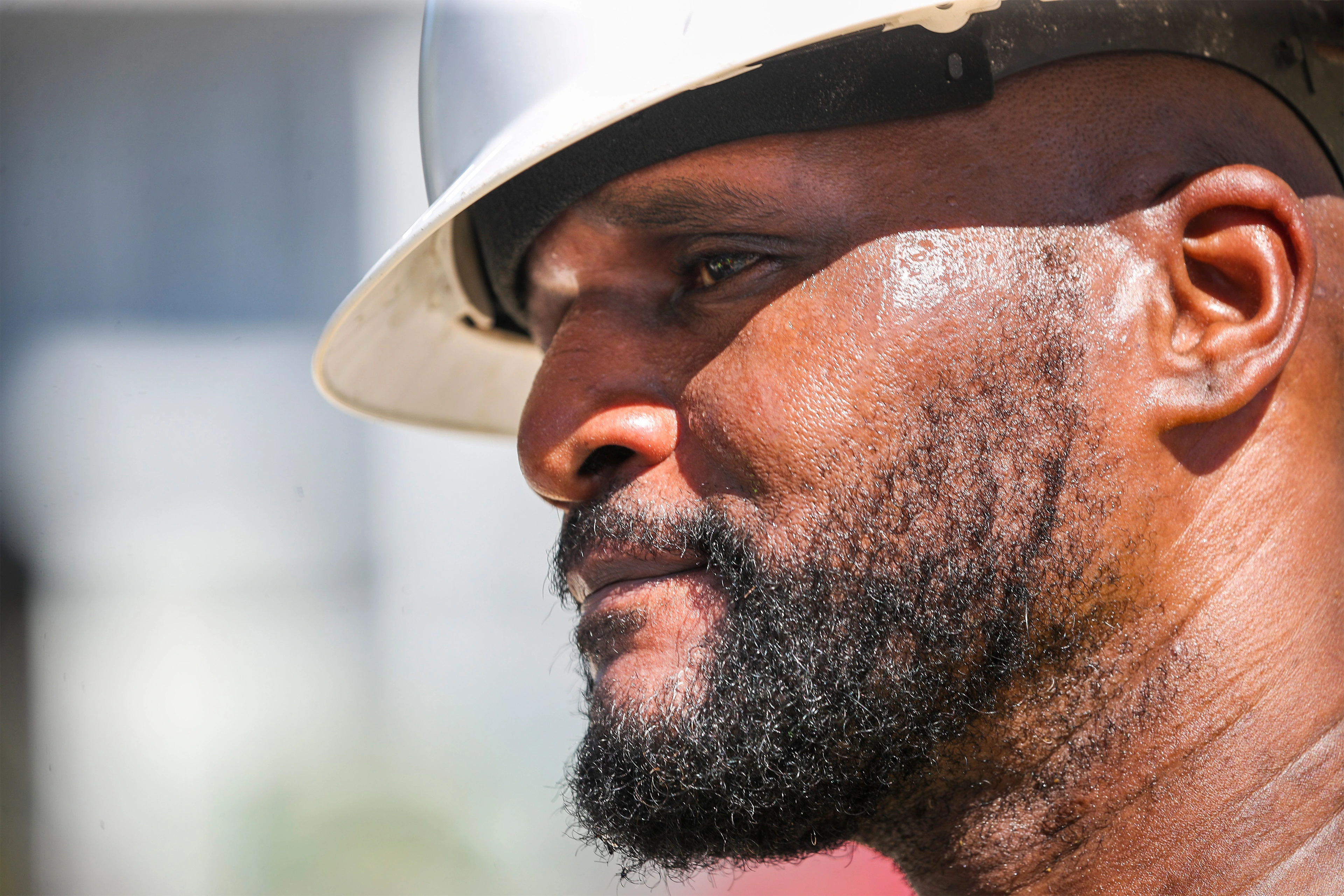- cross-posted to:
- treehuggers@slrpnk.net
- cross-posted to:
- treehuggers@slrpnk.net
Neighborhoods with more trees and green space stay cooler, while those coated with layers of asphalt swelter. Lower-income neighborhoods tend to be hottest, a city report found, and they have the least tree canopy.
The same is true in cities across the country, where poor and minority neighborhoods disproportionately suffer the consequences of rising temperatures. Research shows the temperatures in a single city, from Portland, Oregon, to Baltimore, can vary by up to 20 degrees. For a resident in a leafy suburb, a steamy summer day may feel uncomfortable. But for their friend a few neighborhoods over, it’s more than uncomfortable — it’s dangerous.



We should be making them irrelevant. fuckcars
unfortunately there are lots of places where you can’t run light rail and busses efficiently - places like montana or utah, the population isn’t dense enough. certainly agree wherever possible tho, tired of living in this autotopia shithole